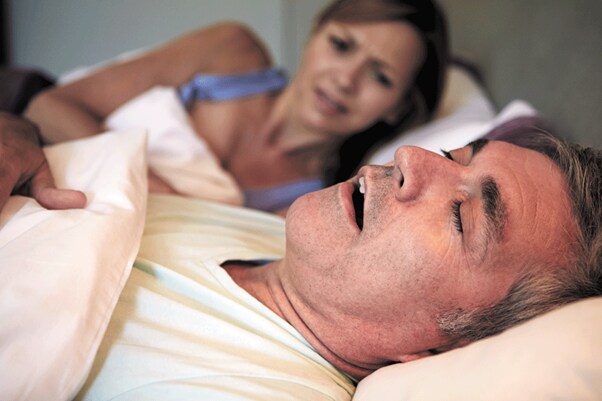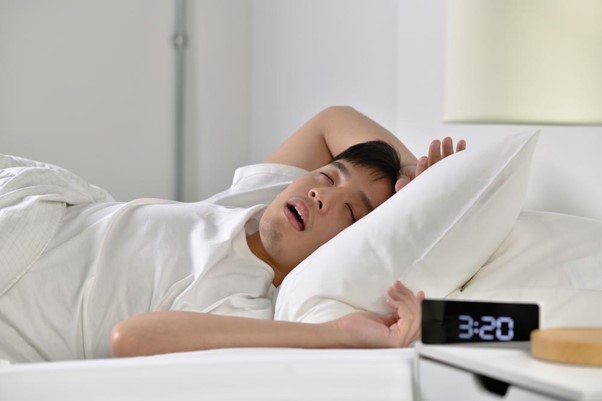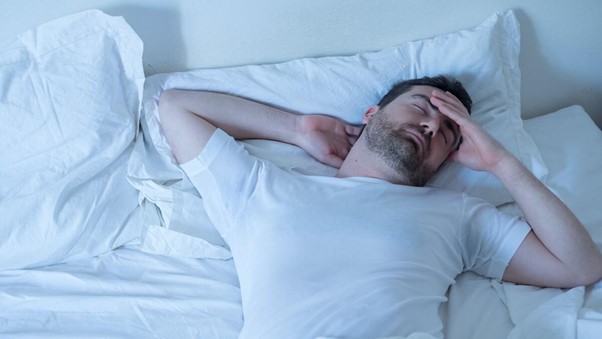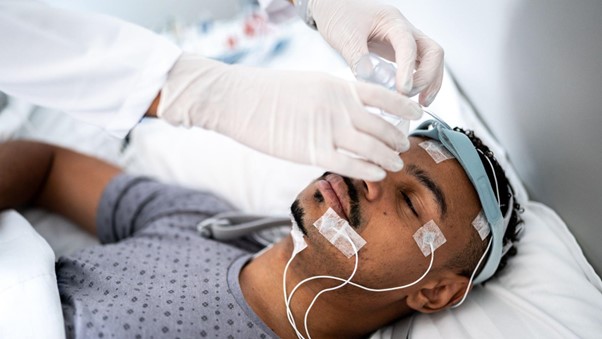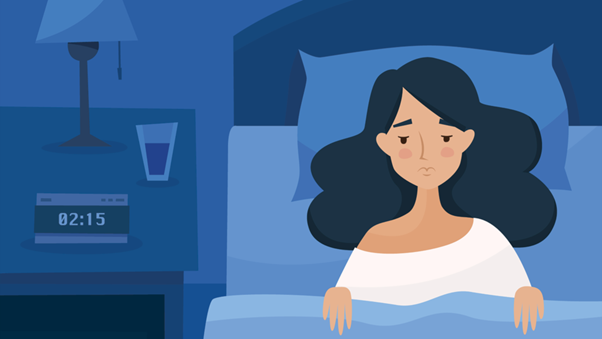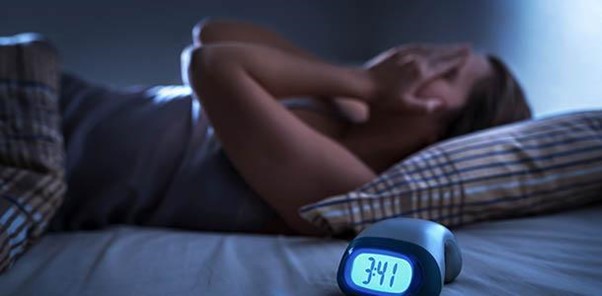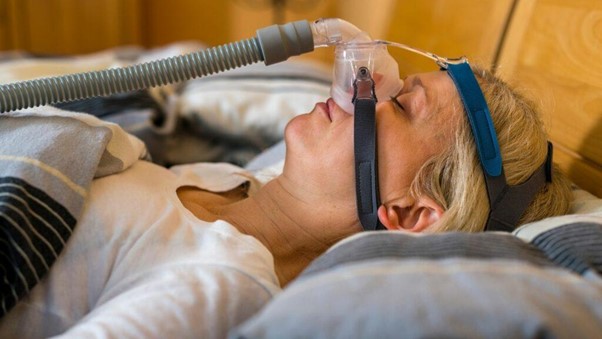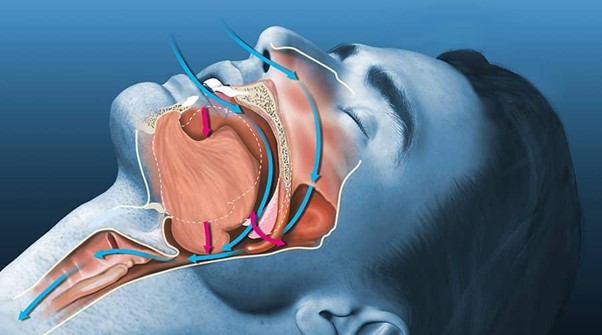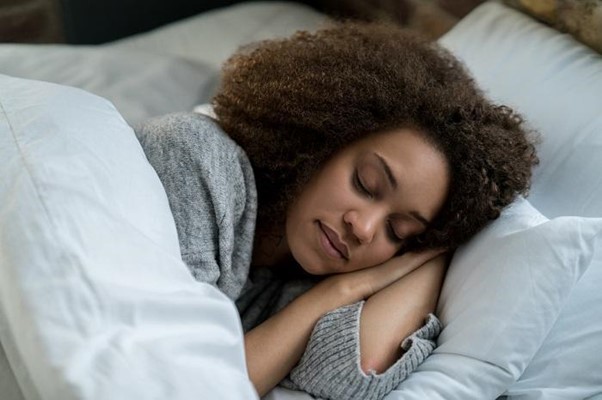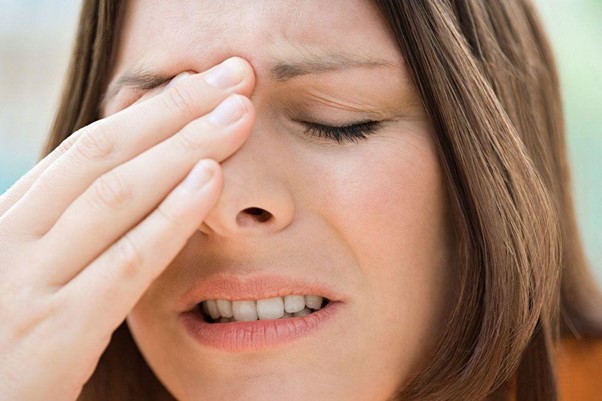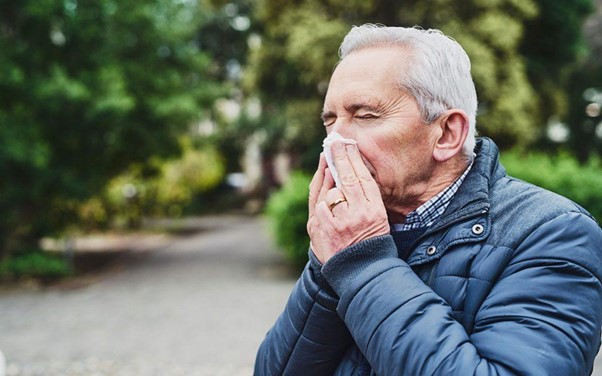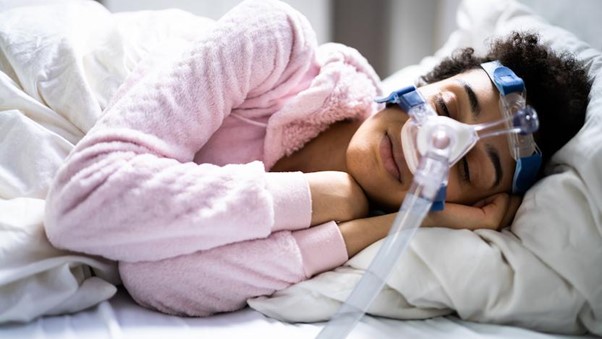
Sleep Apnea: Causes, Risks, and Treatment Options for Better Sleep
Sleep apnoea is a serious sleep disorder that affects your breathing and disrupts your sleep. It occurs when your airways become blocked, causing you to stop and start breathing throughout the night.
This can lead to fragmented and interrupted sleep, leaving you feeling exhausted in the morning.
In addition, it puts you at an increased risk of experiencing other health problems, such as high blood pressure, depression, and even heart attack.
What are the Causes of Sleep Apnea?
The most common cause of sleep apnea is an obstruction in the airways due to excess tissue around the throat or a large tongue or tonsils.
Other causes include age, being overweight, smoking, alcohol use, and certain medications. It can also be caused by:
Obesity
One of the most common causes of sleep apnea is obesity. Body fat, especially around the neck area, can cause constriction of the airways which can lead to partial or total blockage during sleep.
Losing weight through diet and exercise can help to alleviate the symptoms of sleep apnea in many cases.
Alcohol and sedative use
Another cause of sleep apnea is the use of alcohol and sedatives. These substances can relax the muscles in the throat, leading to the blockage of airways.
If you have sleep apnea, it is advisable to avoid alcohol and sedative use before bedtime to prevent the worsening of symptoms.
Smoking
Smoking is a significant risk factor for sleep apnea. The chemicals in cigarettes can irritate and inflame the airways and increase the likelihood of airflow obstruction.
Quitting smoking can help to reduce the risk of sleep apnea and also improve lung function.
Genetics
Sleep apnea is also linked to genetic factors, with studies revealing that certain genes and family history can increase the risk of developing the condition.
If your family has a history of sleep apnea, it is advisable to get checked for the condition and undergo treatment if necessary.
Nasal congestion
Nasal congestion due to allergies or colds can cause blockages in the nasal passages, leading to further breathing issues during sleep. Addressing these underlying conditions can help to alleviate the symptoms of sleep apnea.
Risks Associated with Sleep Apnea
Sleep apnea is associated with several risks to your overall health. These include:
Heart Disease
People with sleep apnea are at a higher risk of developing heart disease compared to those without the disorder.
Sleep apnea causes frequent interruptions in breathing, which can lead to decreased oxygen levels that put a strain on the heart.

Individuals who have sleep apnea are more likely to suffer from high blood pressure, arrhythmia or irregular heartbeats, heart attacks, and stroke.
Diabetes
Sleep apnea is closely linked to the development of type-2 diabetes. According to recent research, people with sleep apnea are three times more likely to develop diabetes compared to those without the condition.
Sleep apnea causes disruptions in the production and regulation of hormones, which can affect blood sugar levels, leading to insulin resistance and eventually diabetes.
Depression and Anxiety
Sleep apnea is known to affect mental health and well-being. It is linked to feelings of depression, anxiety, and irritability.
Sleep apnea causes disrupted sleep patterns, leading to fatigue, mood swings, and cognitive dysfunction.
In some cases, sleep apnea can worsen existing mental health conditions, leading to severe consequences such as suicidal thoughts and actions.
Motor Vehicle Accidents
People with sleep apnea are more likely to experience drowsiness, fatigue, and difficulties staying awake during the day.
Daytime sleepiness is a common symptom of sleep apnea, which can affect an individual’s ability to function correctly, especially when driving.
Studies indicate that people with sleep apnea are at a higher risk of motor vehicle accidents, which can lead to severe injuries or fatalities.
Impaired Cognition
Sleep is essential for cognitive functions such as memory, concentration, and decision-making. Sleep apnea disrupts sleep patterns, leading to interrupted sleep and reduced oxygen levels in the brain.
As a result, individuals with sleep apnea are more likely to experience impaired cognitive function, leading to reduced productivity, memory problems, and decreased quality of life.
Treatment Options for Better Sleep
The primary treatments for sleep apnea are lifestyle changes, such as maintaining a healthy weight and avoiding alcohol or smoking.
CPAP (Continuous Positive Airway Pressure) machines are also used to help keep your airways open while you sleep.
Surgery may be recommended for severe cases of sleep apnea, particularly if the obstruction is caused by enlarged adenoids or tonsils.
Conclusion
Sleep apnea can have a serious impact on your health, but it is treatable. If you are experiencing symptoms of sleep apnea, talk to your doctor about potential treatment options.
Taking steps such as maintaining a healthy weight and avoiding alcohol or smoking can help improve your sleep quality, reduce daytime fatigue, and protect your overall health.
Learn more.
